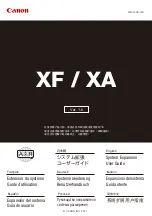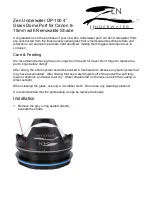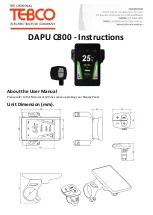
GMEL # 2002.9
Page 2 of 6
SECTION 3: COMPOSITION/INFORMATION ON INGREDIENTS
Chemical Name
CAS Number
Amount
Manganese Dioxide
1313-13-9
35-40%
Zinc 7440-66-6
10-25%
Potassium Hydroxide (35%)
1310-58-3
5-10%
Graphite (natural or synthetic)
7782-42-5, 7440-44-0
1-5%
SECTION 4: FIRST AID MEASURES
Eye Contact:
If battery is leaking and material contacts the eye, flush thoroughly with copious amounts
of running water for 30 minutes. Seek immediate medical attention.
Skin Contact:
If battery is leaking and material contacts the skin, remove any contaminated clothing and
flush exposed skin with copious amounts of running water for at least 15 minutes. If irritation, injury or
pain persists, seek medical attention.
Inhaled:
If battery is leaking, contents may be irritating to respiratory passages. Move to fresh air. If
irritation persists, seek medical attention.
Swallowed:
If battery contents are swallowed, do not induce vomiting. If the victim is alert, have them
rinse their mouth are the surrounding skin with water for at least 15 minutes. Seek immediate medical
attention.
Note: This MSDS does not include or address the small button cell batteries which can be ingested.
SECTION 5: FIRE FIGHTING MEASURES
Fire and Explosion Hazards
: Batteries may burst and release hazardous decomposition products when
exposed to a fire situation.
Extinguishing
Media:
Use any extinguishing media that is appropriate for the surrounding fire.
Special
Fire Fighting
Procedures:
Firefighters should wear positive pressure self-contained breathing
apparatus and full protective clothing. Fight fire from a distance or protected area. Cool fire exposed
batteries to prevent rupture. Use caution when handling fire-exposed containers (containers may rocket or
explode in heat of fire).
Hazardous Combustion Products:
Thermal degradation may produce hazardous fumes of zinc and
manganese; hydrogen gas, caustic vapors of potassium hydroxide and other toxic by-products.
SECTION 6: ACCIDENTAL RELEASE MEASURES
Notify safety personnel of large spills. Caustic potassium hydroxide may be released from leaking or
ruptured batteries. Clean-up personnel should wear appropriate protective clothing to avoid eye and skin
contact and inhalation of vapors or fumes. Increase ventilation. Carefully collect batteries and place in an
appropriate container for disposal.
























